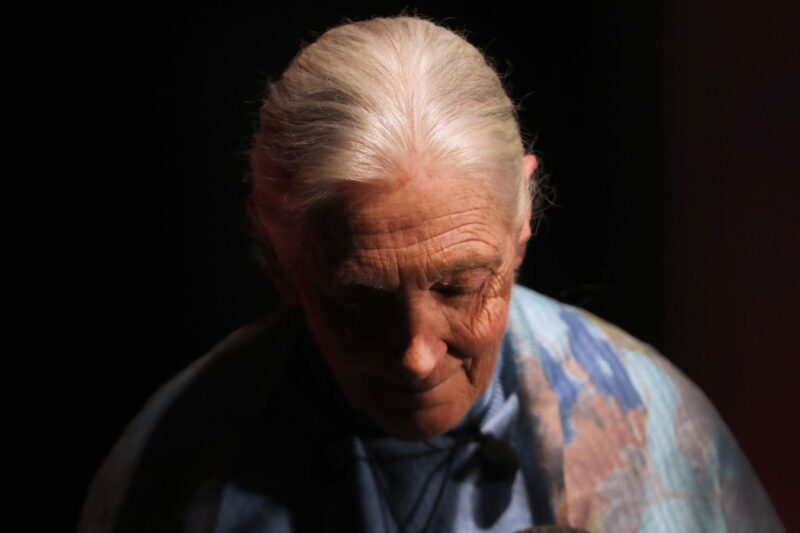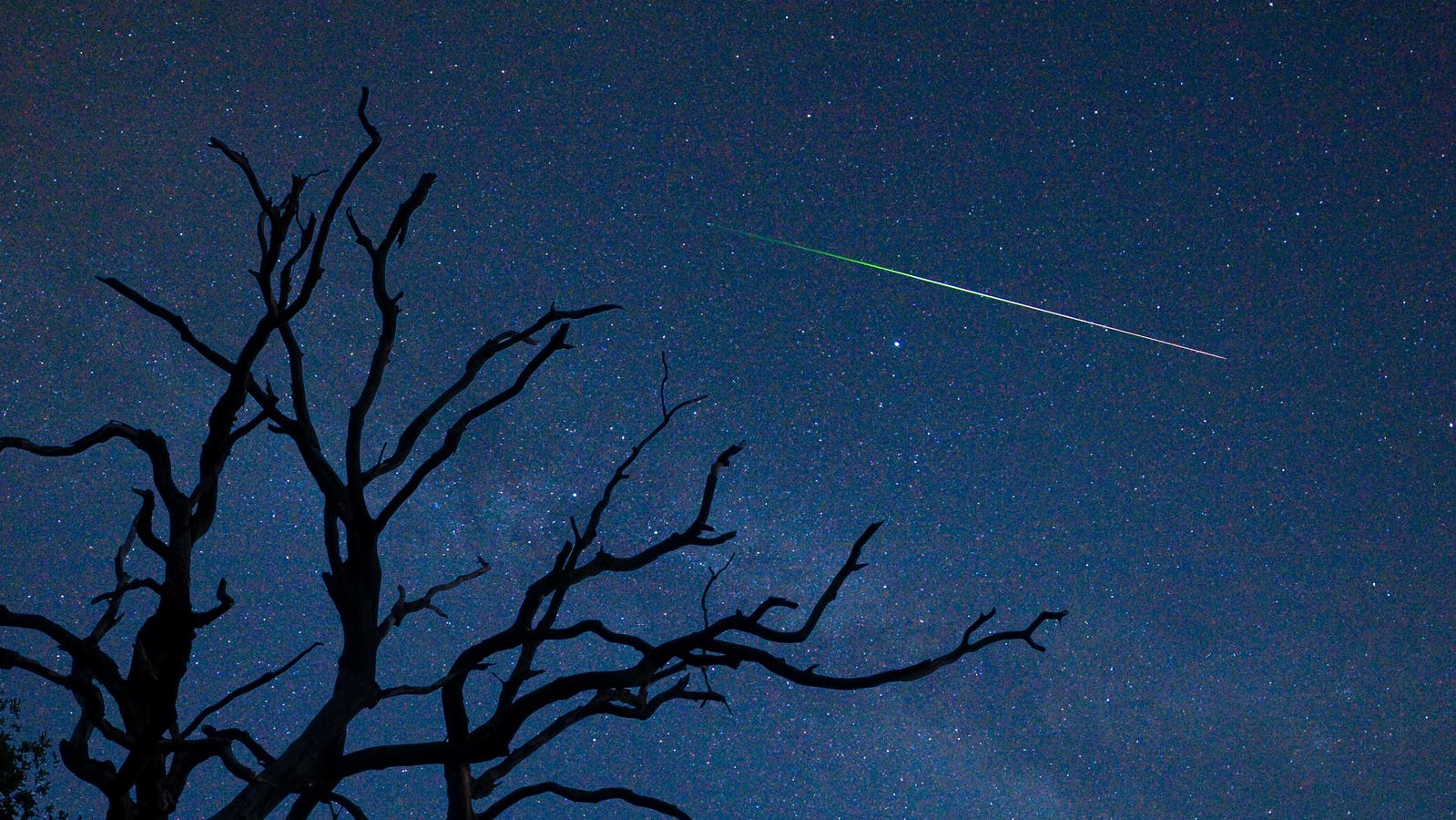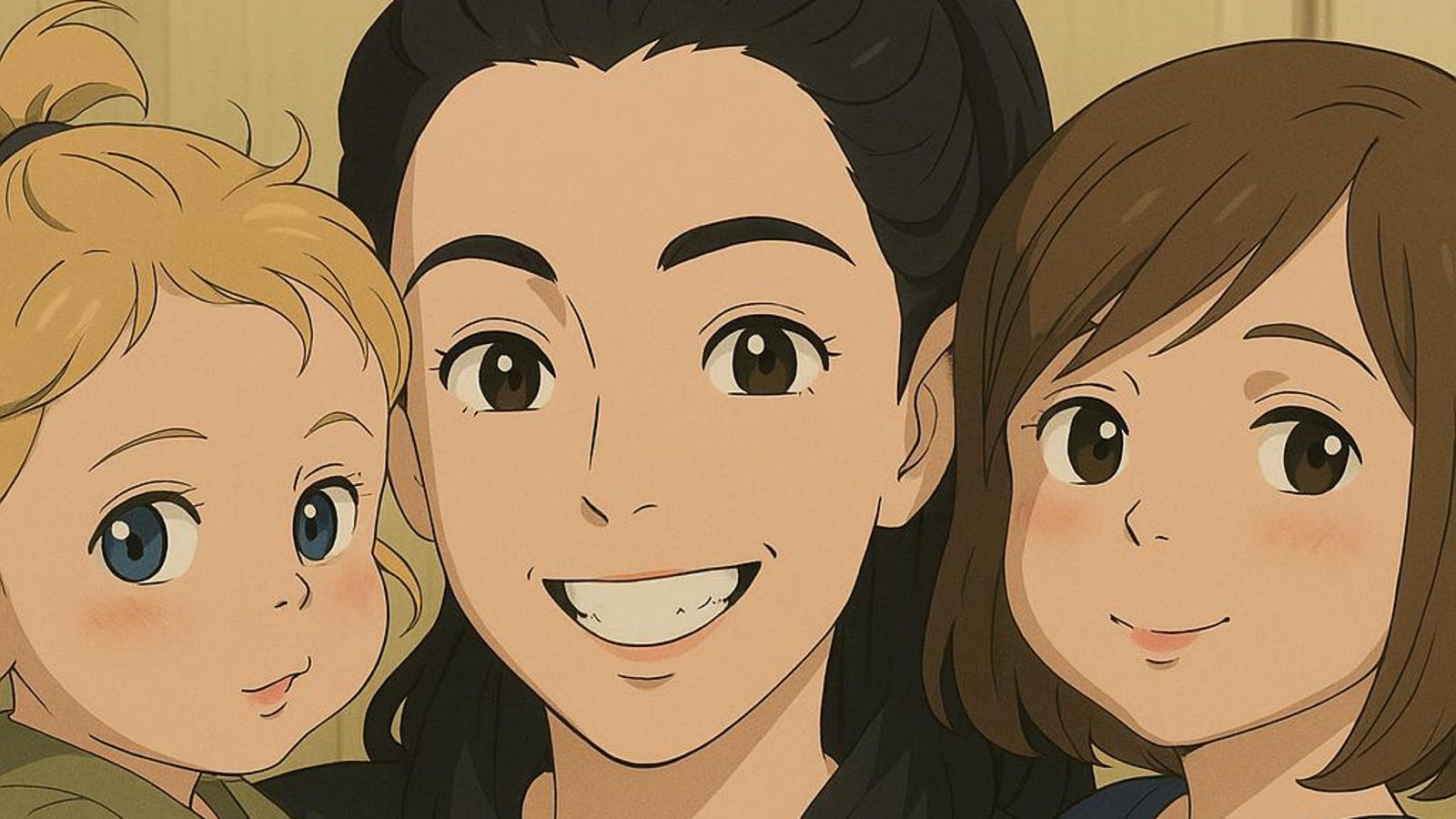Primatologist Jane Goodall speaks at the TIME 100 Summit in New York City on 23 April 2019. The day-long TIME 100 Summit showcases the annual TIME 100 list of the most influential people in the world- (Photo by Spencer Platt/Getty Images).
Getty Images
When Jane Goodall died in October at the age of 91 while on a speaking tour in California, tributes poured in from around the world. The primatologist was best known for her groundbreaking research on chimpanzees in Tanzania — but her work on nature reached far beyond the forests of East Africa to the dark corners of Iran’s prisons, where environmentalists were being held under accusations of spying.
Goodall’s connection to Iran came to light in 2018, when nine members of the Persian Wildlife Heritage Foundation (PWHF) were arrested by the intelligence arm of the Revolutionary Guards. The group had been studying critically endangered species such as the Asiatic cheetah, which now only survives in Iran. Despite a lack of evidence, they were charged with “collaborating with the enemy United States”, and sentenced to prison ranging from 4 to 10 years. PWHF’s co-founder, Iranian-Canadian academic Kavous Seyed-Emami, died shortly after his arrest in Tehran’s Evin Prison under circumstances that remain a mystery until today.
As environmental and human rights advocates from around the world called for their release in 2018, Goodall joined them, condemning the detention and urging authorities to free the prisoners. A few years later, on World Environment Day, she used her platform to highlight both the plight of the Persian leopard and that of the imprisoned conservationists.
In 2023, she went further — appealing to Ali Khamenei, the Supreme Leader of the Islamic Republic, in an open letter addressed to him directly. “I am writing to beg for amnesty for the guardians of Iran’s nature and that they may be given the gift of freedom,” Goodall wrote in her plea.
“All are people who have done much for Iran’s future,” she said.
The 2018 arrests came to represent the growing risks for environmentalists in Iran, where advocacy for nature has increasingly been treated as a security issue. In 2024, six years after their imprisonment, the remaining PWHF members were pardoned — a decision welcomed by the United Nations and other international organisations.
After Goodall’s death earlier this month, the activists wrote essays in local news reflecting on what her support had meant to them. Amirhossein Khaleghi recalled how, even in the middle of the 12-day war between Iran and Israel in June, Goodall reached out to check on his safety as bombs and missiles were dropping across the country.
“She believed deeply in small changes and wrote to people like me to keep the spirit of conservation alive,” Khaleghi said.
“Jane Goodall was one of those rare people whose efforts brought light to the world’s darkness — beyond tribe, beyond nation,” he added.
For Niloufar Bayani, one of two women in the group who endured torture and sexual harassment in prison, Goodall’s letters became a lifeline. “When the letter reached me, I waited until lights-out in the women’s ward of Evin Prison so that I could feel every single word,” Bayani said.
“She wrote that she lit a candle every week for our freedom — and she kept that promise for six years,” Bayani added in her piece about Goodall in Payame-ma, an outlet focused on water and environmental issues in Iran.
However, Goodall’s influence on Iran’s environment was not limited to activism. In 2022, she was reimagined in a children’s book, “Daddy John and Nanny Jane”, by Mostafa Rahmandoost and Farhad Jamshidi. Portrayed as Naneh Sarma (Mother Winter) from Persian folklore, she became a figure teaching children to take care of their country’s nature and environment.
From water shortages and dust storms to wildfires and land subsidence, Iran’s environmental challenges remain severe, and conservationists continue to face political pressure. Yet for those who witnessed it firsthand, Goodall’s support serves as a reminder that passion for the preservation of nature can shape a better life for future generations in all parts of the world.
“Jane spent her final years planting hope in people’s hearts, especially among the young- she left us a path that began with hope and continues with love for nature,” Bayani said.
For Iran’s environmental community, Goodall was far more than an icon. She was a trusted ally — a voice of courage who reinforced the message that protecting nature should never be treated as a crime.









